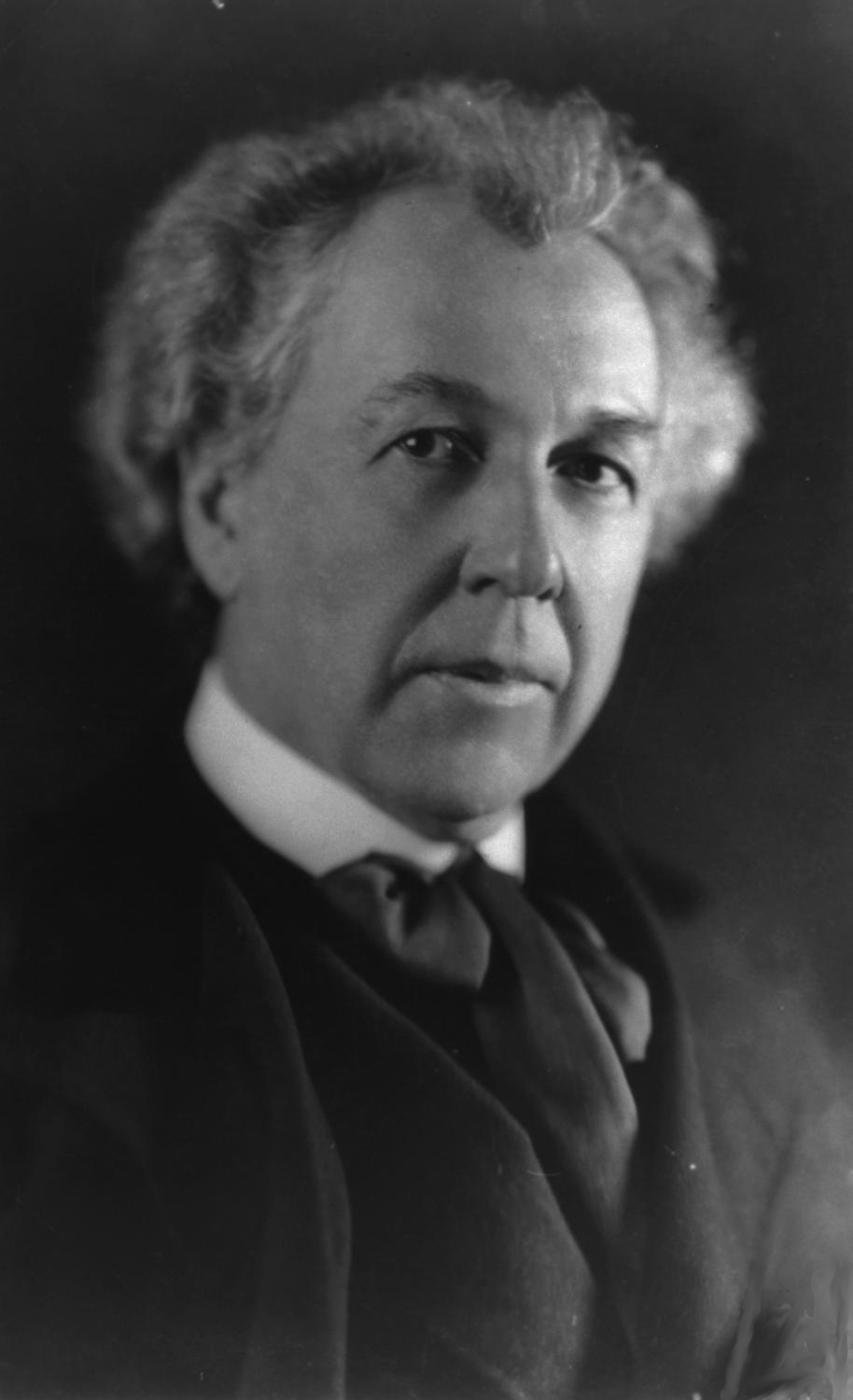Frank Lloyd Wright najznámejšie citáty
Frank Lloyd Wright: Citáty v angličtine
“Clear out 800,000 people and preserve it as a museum piece.”
On Boston, The New York Times (27 November 1955)
“Night Is but a Shadow Cast by the Sun”
The Living City (1958)
“I doubt if there is anything in the world uglier than a Midwestern city.”
Address at Evanston Illinois (8 August 1954)
“Earth”
The Living City (1958)
“Pictures deface walls oftener than they decorate them.”
"In the Cause of Architecture", in The Architectural Record (March 1908)
As quoted in Truth Against the World : Frank Lloyd Wright speaks for an organic architecture (1987) edited by Patrick J. Meehan <!-- p. 29 -->
Kontext: God is the great mysterious motivator of what we call nature and it has been said often by philosophers, that nature is the will of God. And, I prefer to say that nature is the only body of God that we shall ever see. If we wish to know the truth concerning anything, we'll find it in the nature of that thing.
The Future of Architecture (1953), p. 174
The Living City (1958)
As quoted in The Star (1959) and Morrow's International Dictionary of Contemporary Quotations (1982) by Jonathon Green.
“Here I am, Philip, am I indoors or am I out? Do I take my hat off or keep it on?”
On Philip Johnson’s glass house, as quoted in Architectural Digest (November 1985)
“New York: Prison towers and modern posters for soap and whiskey. Pittsburgh: Abandon it.”
On New York and Pittsburgh, The New York Times (27 November 1955)
“If you’re going to have centralization, why not have it!”
On his designs for "The Illinois" a 528-story Chicago office building (10 September 1956)
“Social and Economic Disease”
The Living City (1958)
“Nature is all the body of God we mortals will ever see.”
As quoted in The Duality of Vision : Genius and Versatility in the Arts (1970) by Walter Sorrell, p. 28
“All fine architectural values are human values, else not valuable.”
“Recapitulation”
The Living City (1958)
